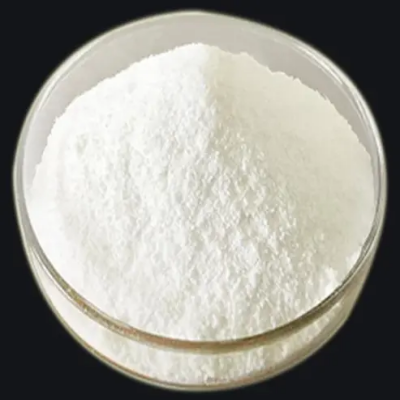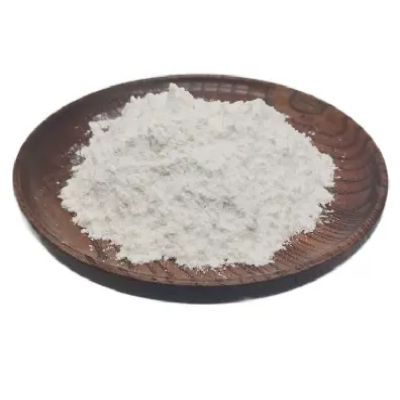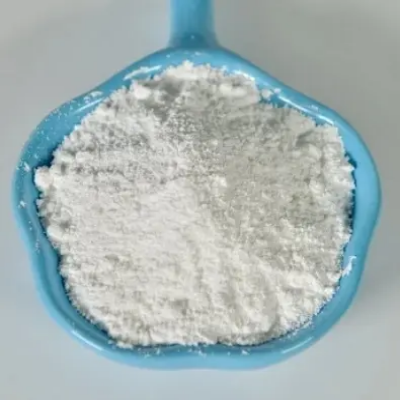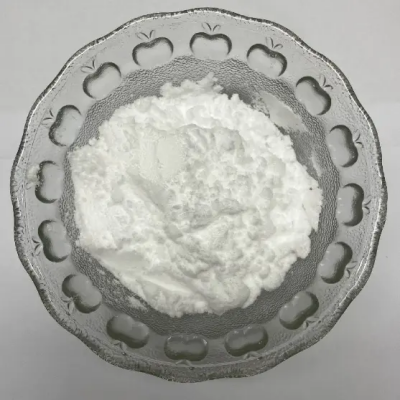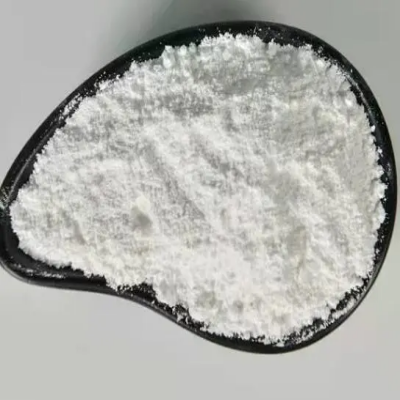CREATININE CAS:60-27-5
Creatinine holds significant importance in the realm of medical diagnostics, particularly in the assessment of kidney function and related health conditions. The measurement of creatinine levels in the blood and urine provides valuable insights into the efficiency of renal filtration and overall kidney function. Elevated creatinine levels may indicate impaired kidney function, prompting further investigation and intervention to address potential health concerns. Moreover, Creatinine serves as a critical parameter in the calculation of glomerular filtration rate (GFR), a key metric for assessing kidney function. GFR estimation based on creatinine levels aids in the diagnosis and monitoring of various kidney disorders, including chronic kidney disease and acute kidney injury. In addition to its diagnostic utility, Creatinine also finds applications in pharmaceutical research and drug development. Its role as a marker for renal function makes it an essential component in preclinical and clinical studies evaluating the safety and efficacy of pharmaceutical compounds. Overall, Creatinine's pivotal role in evaluating kidney function and its broader implications in medical diagnostics and research underscore its significance in healthcare and pharmaceutical domains. Its use as a reliable indicator of renal health and as a fundamental element in clinical assessments solidifies Creatinine's status as an indispensable product in the medical and scientific communities.



| Composition | C4H7N3O |
| Assay | 99% |
| Appearance | White power |
| CAS No. | 60-27-5 |
| Packing | Small and bulk |
| Shelf Life | 2 years |
| Storage | Store in cool and dry area |
| Certification | ISO. |




